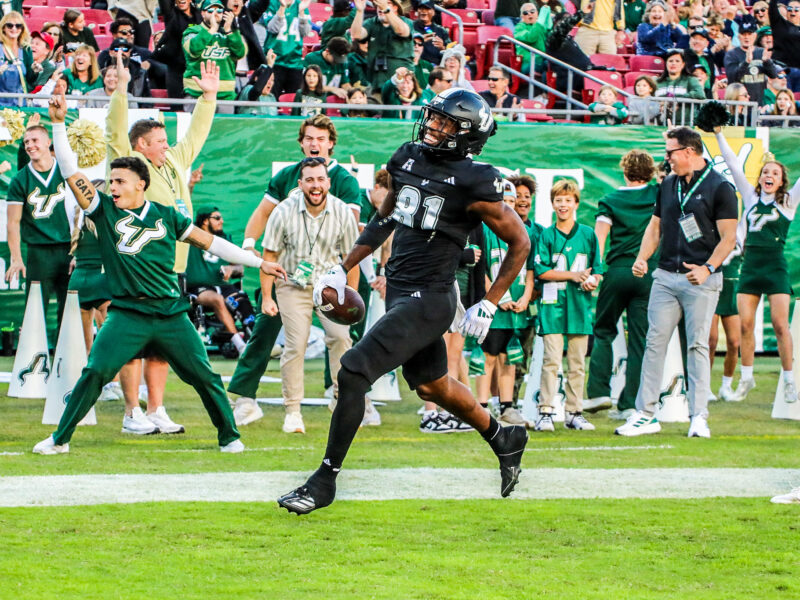When Colorado Avalanche forward Cody McLeod checked Detroit Red Wings defenseman Niklas Kronwall from behind at full speed, the Avalanche play-by-play announcer Mike Haynes screamed across the airwaves.
“He’s crushed. Oh, what a hit by McLeod.”
While Kronwall lay motionless on the ice, Haynes continued.
“Well, I’ll tell you what. You talk about getting a little taste of your own medicine.”
As Detroit’s medical staff tended to Kronwall, preparing to take him off the ice on a stretcher with his neck stabilized, Haynes went on.
“Kronwall has made a living in this league with big hits like that and he just got crunched there.”
Haynes gloated as an opposing player lay on the ice not because he is a terrible person, or had some problem with Kronwall. Haynes emphatically declared that Kronwall “got a little taste of his own medicine” because Haynes is a “homer.”
Homers are sports fans who think their team can never do wrong. They think, above all else, their team is the most important thing in the universe. There is no reasoning with a homer. It’s always the other guys’ fault.
Fans can be homers. A broadcaster should not.
It’s not that broadcasters shouldn’t support the team they cover. The team employs them, and a favorable tilt towards the home team is useful for bringing viewers into the nightly broadcasts.
But the slippery slope of “homerism” ends where Haynes was the other night, when Cody McLeod checked Niklas Kronwall. What Haynes showed was not stupidity, but an unwavering belief that anything Colorado Avalanche is good.
It’s embarrassing for a team when a broadcaster behaves like this. Teams hope their broadcasters have the good sense to recognize the gravity of a situation like the one in Colorado. Teams expect their broadcasters won’t taunt a player as he lay motionless on the ice, his career hanging in the balance.
Local broadcasts are not that local anymore. Every professional league has an app that allows fans to jump around from game to game, tuning into to the local broadcast. The leagues will pick up the local feed of a game for a live look-in.
Will people use the NHL’s Gamecenter Live app to tune into an Avalanche game now that they know the broadcaster is going to be an obnoxious honk? Given a choice between the Avalanche feed of the game, or the other team’s, I will probably pick the latter.
Here in the Tampa Bay area, the Tampa Bay Lightning employ a homer in their TV analyst, Bobby “Chief” Taylor. Listening to Taylor sounds like the Lightning have never been guilty of a penalty. The Lightning organization likes this quality in Taylor. They think their fans need a cheerleader in the broadcast booth.
The premium should be on a broadcaster’s ability to give insight into the game. Fans can’t learn anything from long-winded diatribes about unfair officiating.
What really happens when broadcasters are told not to hold back on their biases is that the game becomes unlistenable.
Broadcasters have a tremendous opportunity to benefit a team’s fan base. A smarter fan is a better fan. Teams need to stop putting the onus on a broadcaster being a fan and more to be a professional.
Mike Hopey is a graduate student working toward a degree in journalism and media studies and the sports editor. He can be reached at hopey@mail.usf.edu or on Twitter at @MikeHopey


